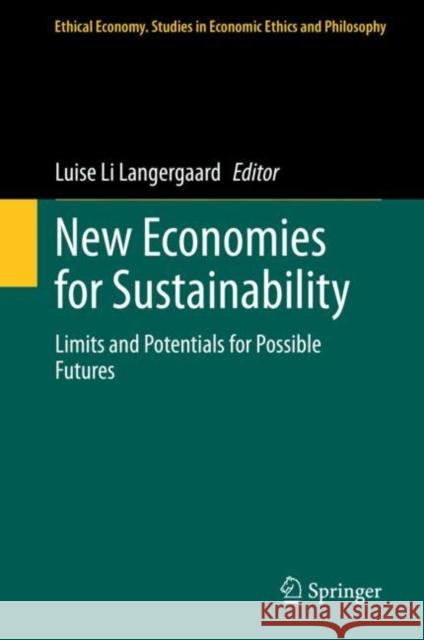New Economies for Sustainability: Limits and Potentials for Possible Futures » książka
topmenu
New Economies for Sustainability: Limits and Potentials for Possible Futures
ISBN-13: 9783030817428 / Angielski / Twarda / 2021 / 282 str.
New Economies for Sustainability: Limits and Potentials for Possible Futures
ISBN-13: 9783030817428 / Angielski / Twarda / 2021 / 282 str.
cena 642,56
(netto: 611,96 VAT: 5%)
Najniższa cena z 30 dni: 578,30
(netto: 611,96 VAT: 5%)
Najniższa cena z 30 dni: 578,30
Termin realizacji zamówienia:
ok. 22 dni roboczych.
ok. 22 dni roboczych.
Darmowa dostawa!
Kategorie BISAC:
Wydawca:
Springer
Seria wydawnicza:
Język:
Angielski
ISBN-13:
9783030817428
Rok wydania:
2021
Wydanie:
2022
Numer serii:
000420909
Ilość stron:
282
Waga:
0.63 kg
Wymiary:
23.39 x 15.6 x 1.91
Oprawa:
Twarda
Wolumenów:
01











